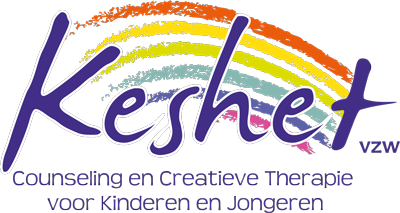“Two are better than one, for they get a greater return for their labour…” (Ecclesiastes 4:9)
As parents, counselling for your child may be a new journey for you as well. Keshet hopes to guide you both successfully to achieve your goals.
When should you send your child for counselling?
There are numerous indicators when a child is troubled. Sometimes difficult and challenging life events, such as death, divorce or illness can trigger a child to react in a difficult or unusual way. Very often we don’t know what causes the unwanted changes. It may be a result of bullying, anxiety, peer pressure or many other factors.
The emotional or behavioural issues may present as moodiness, aggressiveness, apathy, change in sleep pattern or appetite. Academic performance and social relationships may be influenced. When the dynamics of family life are affected and disrupted, when the child’s regular functioning is disturbed, when you fear that that your child is endangering his health or talking about danger and despair, you will want to consider outside help. (See ‘red flags’ for more information.)
Listen to your instincts. Make an appointment with a counsellor to hear if your concerns are founded. This will help you support your child and family in an informed way.
What are the common fears and worries of parents?
Many parents feel that it is their fault that their child cannot navigate their challenges successfully. Some think that they have failed as parents. Parents may feel stigmatized that their child needs therapy. Most are worried that their child cannot cope with and express their feelings. What parents want is a happy, confident and successful child. When they see their child struggling, many fear their child will never achieve these goals.
How does KESHET work?
We use an integrative and humanistic approach to counselling. We offer play, sand and art therapy as well as regular counselling. After meeting you and your child, we will have an assessment period to determine whether we can help your child. Parental involvement is a crucial aspect to treatment and we involve you, the parents in this therapeutic journey, meeting every six weeks to appraise you of our progress and to hear your feedback and impressions. We offer support and tools for the family to help the child in his counselling process. If we find it necessary we refer to and access other professionals.
What you should know about counselling?
Counselling is a practice that takes time. The counsellor must enter a child’s reality and help him deal with it in a constructive way. The process may have its ups and downs, but ultimately your child will grow and be nourished by this journey.
